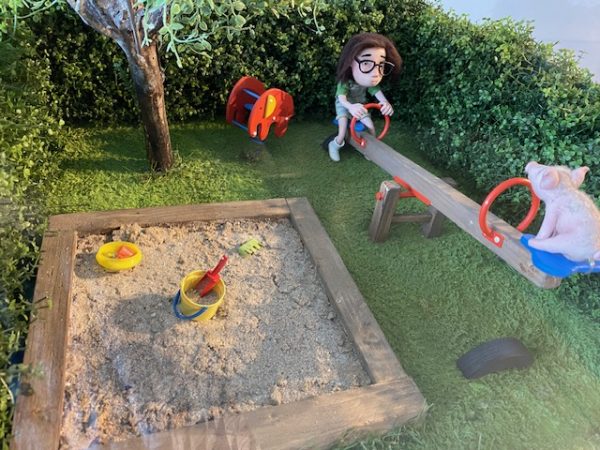The more you advance in playing chess, the more time and timing becomes an issue. Sooner or later you will want to have your very own chess clock to be in control of time when playing chess. It will be difficult to keep your mind hooked on the chessboard rather than the clock as each move is linked to a point in time as well as a duration.
It was common practice for advanced players to note, not only the moves they played, but also the time they needed to play the next move. This helped to analyse the quality of your game. In specific openings of a game of chess you even keep track of “time advantages” in bringing more of your pieces into powerful positions or a “developed” position on the chessboard.
You may choose to play a “Blitz” game, which allows only 5 minutes per player to think about the next move overall, which may turn into a fast hitting battle in an protracted endgame for each side. In anticipation of this you way your time very carefully right from the beginning of the game. In short, you will never consider time as a mere second by second running of time as time has a different weight depending of the progress of the game.
Come on, it is just a game of chess, isn’t it?












 stars are you.
stars are you.